The Journey to Becoming a Makeup Artist
Embarking on a career as a professional makeup artist involves exploring a blend of formal education, practical experience, and continuous learning. One of the initial steps is enrolling in cosmetology schools or specialized makeup courses. These institutions offer comprehensive programs that cover essential skills, from basic makeup application techniques to advanced special effects makeup. Additionally, these programs often include modules on skin care, color theory, and product knowledge, providing a well-rounded education that lays the foundation for a successful career.
While formal education is invaluable, hands-on experience is equally crucial. Many aspiring makeup artists start their journey through apprenticeships or internships under seasoned professionals. This mentorship provides practical insights that cannot be gained in a classroom setting. Working on real clients, understanding their needs, and adapting to various environments are skills honed through on-the-job training. Building a diverse portfolio during this phase is essential, as it showcases your versatility and expertise to potential employers or clients.
Networking within the industry is another key element in the journey. Attending industry events, workshops, and seminars helps you stay updated on the latest trends and techniques. These gatherings are also excellent opportunities to connect with other professionals, potential clients, and mentors. Social media platforms and professional networks can further amplify your reach, allowing you to share your work and connect with a broader audience.
In addition to practical skills and networking, obtaining the necessary certifications and licenses is critical. The requirements vary by region and country, so it’s important to research the specific regulations in your area. Certifications from recognized institutions not only validate your skills but also enhance your credibility in the industry.
Successful makeup artists often emphasize the importance of continuous learning and adaptation. As trends evolve and new products emerge, staying informed and experimenting with new techniques can set you apart. Renowned makeup artist Pat McGrath once said, “Creativity is your best makeup skill, don’t be afraid to experiment.” This mindset is essential for anyone looking to thrive in this dynamic field.
Essential Skills and Tools for a Makeup Artist
Mastering the art of makeup requires a blend of technical skills and soft skills, alongside a robust collection of tools. A professional makeup artist must be proficient in color theory, which involves understanding how different shades interact to achieve a harmonious look. This knowledge is crucial for creating balanced and aesthetically pleasing makeup applications. Equally important is mastering blending techniques, which ensure smooth transitions between colors and enhance the overall finish.
Technical expertise extends to the adept use of various makeup products. From foundations and concealers to eyeshadows and lipsticks, a makeup artist must know how to apply each product to highlight and enhance features effectively. Furthermore, staying updated with the latest products and techniques is essential for maintaining a competitive edge in the industry.
Beyond technical skills, soft skills are equally vital. Effective communication is crucial for understanding client needs and preferences, ensuring satisfaction, and building a loyal clientele. Creativity allows makeup artists to innovate and personalize looks, while excellent client management skills help in maintaining professional relationships and managing expectations. The ability to remain calm under pressure and meet tight deadlines is also essential, especially in fast-paced environments like fashion shows or weddings.
Hygiene and sanitation are paramount in the makeup industry. A professional makeup artist must adhere to rigorous cleanliness standards to prevent infections and ensure client safety. Regularly sanitizing tools and replacing disposable items like sponges and mascara wands are non-negotiable practices.
A well-equipped makeup kit is a makeup artist’s best friend. Essential tools include a variety of brushes for different applications, palettes for mixing colors, and specialized equipment like eyelash curlers and airbrush machines. Keeping these tools in excellent condition is as important as the makeup application itself.
To stay relevant in the ever-evolving beauty industry, continuous learning and skill enhancement are crucial. Attending workshops, following beauty influencers, and experimenting with new techniques can help makeup artists stay ahead of trends and continually refine their craft.
